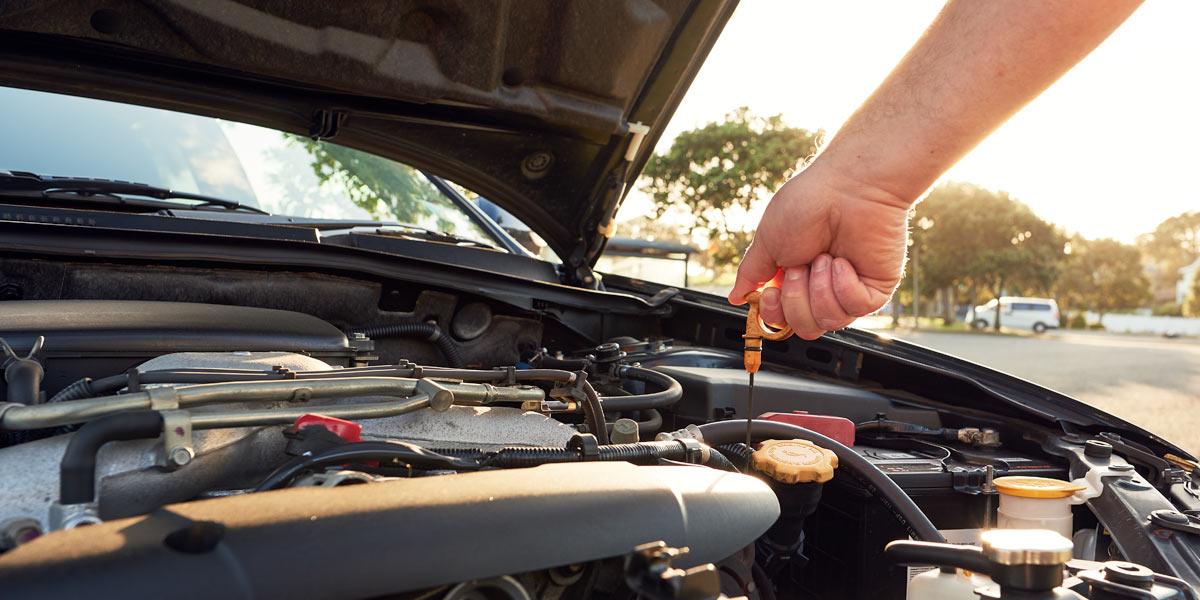Buying guide
What's a CIN and why is it important?
If you’re wondering what’s contained within the CIN and why it’s so important, read on for our top tips.
When checking out a car you’re considering buying from a dealer, it’s important to remember that they’re obligated to show you the consumer information notice (CIN) for the vehicle.
Key points:
You should look for a CIN when buying a second-hand vehicle from a trader.
- They’re legally obligated to provide you with this information and the CIN card should be displayed in the window of any car being sold by a dealer.
- The CIN was created as part of the Motor Vehicle Sales Act 2003.
- The Motor Vehicle Sales Act 2003 was introduced to “promote and protect the interests of consumers in relation to motor vehicle sales” by placing responsibility on Motor Vehicle Traders (MVT).
- Private sales don’t require CIN, only auctions (not classifieds).
The CIN will show you a whole heap of crucial information on the car you’re considering buying, including:
- Registration number
- Price details
- If there’s money owing
- Make and model
- Odometer reading
- WOF and rego
Who’s obligated to provide a CIN?
According to the Commerce Commission New Zealand the rules apply to, “Motor vehicle traders selling used motor vehicles, including traders selling used motor vehicles through a car market operator or online. A motor vehicle trader is any person in the business of motor vehicle trading (whether or not they also have another business). This includes importers, wholesalers, car auctioneers and car consultants.”
You can use the knowledge acquired from the CIN to buy your next car with confidence and help ensure you don’t end up driving a lemon.
Other articles you might like

